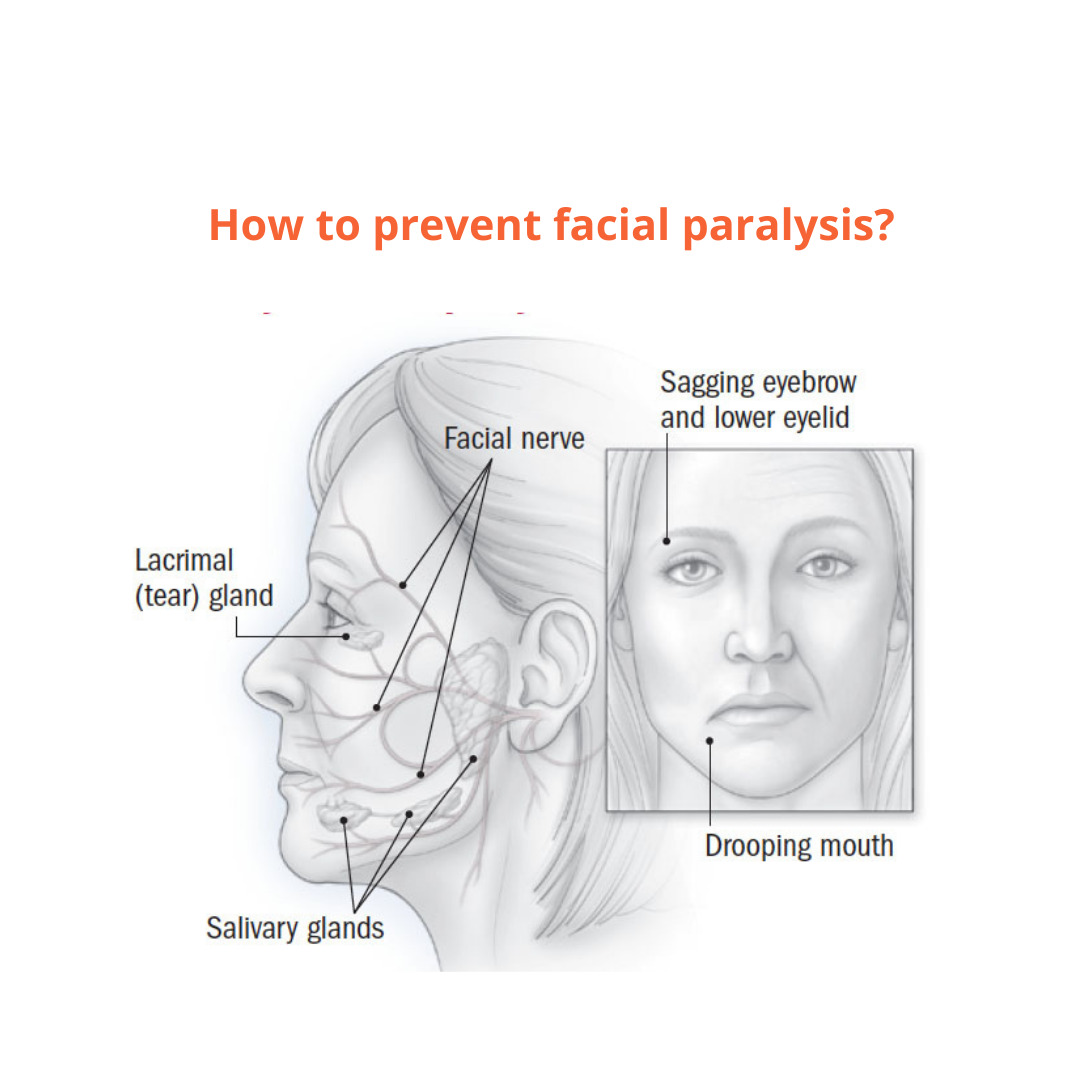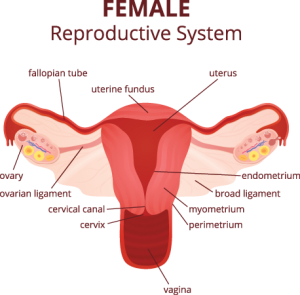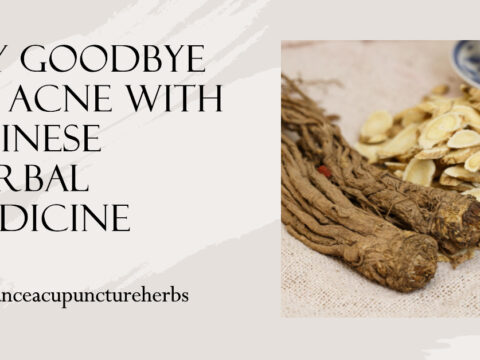
Is Facial cosmetic acupuncture a safer alternative to surgery or Botox?
April 15, 2021
What are the signs of facial paralysis? How to prevent it?
May 3, 2021|
Getting your Trinity Audio player ready...
|
Humidity and sultry make your “private place” smelly? 4 ways to get rid of peculiar smells.

The smell in the female sexual organs cannot be separated from the secretion-vaginal health. Vaginal discharge is a common problem for women. Under normal circumstances, the secretions should appear transparent and white with a certain degree of moisture. The private parts usually have no particular smell. Partly because of infection in the remote regions, yellow and green secretions may appear, accompanied by a robust peculiar smell.
vaginal health: infection in the private area, three other conditions may cause a peculiar smell in the private area:
1. The sweat glands and apocrine glands secrete vigorously, with the smell of sweat and body odor: Some people have strong secretion of sweat glands and apocrine glands, and sweat glands are also distributed in private places, so sweat or body odor may occur.
2. The residual urine on the underwear produces an odor of urine: If a woman does not wipe it clean after going to the toilet or has a urine leak, the urine will smell urine when it touches the underwear.
3. During the menstrual period, it is easy to have a bloody smell: It is easy to smell during the menstrual period.
Therefore, you and your partner can also judge the condition of the private area through the smell. If it smells fishy, it means that the private area is infected, and it is best to seek medical treatment. If it is a urine odor, you should pay attention to cleanliness or seek professional help to improve Urinary leakage.
These three types of vaginal infections are the most common. See which one are you?
1. Fungal vaginitis
Candida albicans are the most common. Candida originally co-exists with other bacteria in the vagina, and it will not develop when the flora is balanced. Still, as long as the weakly acidic (pH 3.8 to 4.5) vaginal environment is alkalized (pH> 4.5), the good bacteria will decrease, and the Candida in the vagina will rapidly multiply and cause inflammation. The secretion will appear white, yellow, and white tofu residue, cheese-like, often accompanied by itching, tingling, burning sensation, redness, and swelling may appear in the private area. There may also be painful urination, painful intercourse, and other conditions.
2. Bacterial vaginosis
When the good bacteria in the vagina decrease, anaerobic bacteria overgrowth and cause inflammation; unlike molds, anaerobic bacteria can bring noticeable peculiar smell. The secretions are usually white-gray, yellow-green, and fishy. Some people will have increased secretions, itching, tingling, pain during intercourse, and painful urine.
3. Trichomonas vaginitis
Trichomonas is mostly infected through sexual behavior. Even if your partner has no symptoms, you still need to be checked and treated together. Otherwise, you will get repeated infections. The secretion is yellow or green foamy, and it emits a foul smell. It may cause vulvar itching, redness and pain, particular discomfort after sexual intercourse, frequent urination, burning sensation when urinating, and other symptoms of urinary tract infection.
Genital hygiene:
Wash your vulva (the external genitalia) every day.
- Wash your vulva from the front to the back either with plain water or water and neutral soap. You can avoid vaginal infections if you take good care of your external genitals.
- You should not wash your vulva by directing a strong stream of water onto the entrance of your vagina.
- Wash the anus from the front to the back, away from the vagina.
During your menstrual period, change tampons and pads regularly.
Avoid wearing very tight pants. In tight pants, your vulva may itch, and sometimes you can also get bacterial infections.
The vagina has a natural pH balance. This balance protects the vagina from infections. It is important not to disturb the vagina’s pH balance. Therefore, you should not rinse or douche your vagina.

Daily maintenance and diet should be combined to avoid odors in private areas.
Daily maintenance, diet is helpful, but it’s not just what you eat. Diet can help improve immunity, balance the pH of the private parts, anti-oxidation, and achieve the effects of preventing infections.
1. Replenish good bacteria: The health of the vaginal depends on the living bacteria in the intimate part to balance the environment. There are enough good bacteria to establish the best protective cover. If you want to prevent and improve the vagina infection, you can usually fix it. Special probiotic maintenance for the intimate part or eating sugar-free yogurt can also help.
2. Enhance immunity: eat more garlic and turmeric to help enhance immunity, antibacterial, or intake foods rich in vitamin C such as guava, kiwi fruit, and cranberry to reduce the risk of infection.
3. Balance the pH: pineapples, citrus fruits, fruit vinegar, unsweetened cranberries. It can help balance the body’s pH and maintain the health of the private parts. If you have recurrent urinary tract infections, cranberry can also be added to your diet.
4. Foods that are beneficial to the private parts: You can also eat more foods that are helpful to the private parts. For example, the phytoestrogens in edamame can help the vagina lubricate, effectively prevent vaginal dryness and itching, and flaxseed-rich omega-3 fatty acids And phytoestrogens are beneficial to protect the health of private parts. Sweet potatoes are rich in vitamin A, strengthening the uterine wall and stimulating the secretion of hormones.
Besides, red meat, seafood, and wine may affect the pH value and make the private parts easily infected. Candida albicans likes sugary environments, so it is best to quit sugar and avoid delicate sweets and sugary drinks. Otherwise, May keep recurring.
If you have any concerns about your vulvar or vaginal health or notice unusual changes in vaginal discharge, contact us today!
Read More:
How to prevent urinary tract infections (UTI)?
Does Acupuncture Help Sciatica?




